UK to Ban Mining of Peat, Plant Millions of Trees
toxcrusadr
2 years ago
Related Stories
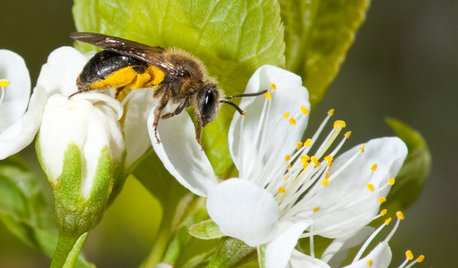
GARDENING GUIDESInvite Mining Bees to Your Garden by Planting Their Favorite Plants
Look for mining bees (Andrena) pollinating woodland wildflowers in U.S. gardens this spring
Full Story
FARM YOUR YARDHow to Build a Raised Bed for Your Veggies and Plants
Whether you’re farming your parking strip or beautifying your backyard, a planting box you make yourself can come in mighty handy
Full Story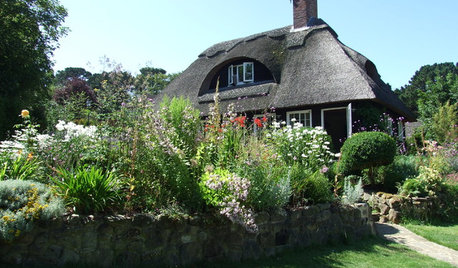
LANDSCAPE DESIGNHow to Create a Cottage-Style Garden
If you like an abundance of plants — and visits from birds, bees and butterflies — this may be the style of yard for you
Full Story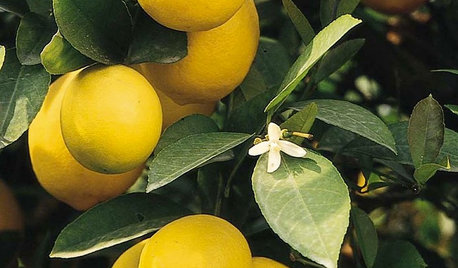
CALIFORNIA GARDENINGCalifornia Gardener's February Checklist
Celebrate 5 California classics: plants that defy winter with bright flowers, luscious fragrance and, for some, delicious taste
Full Story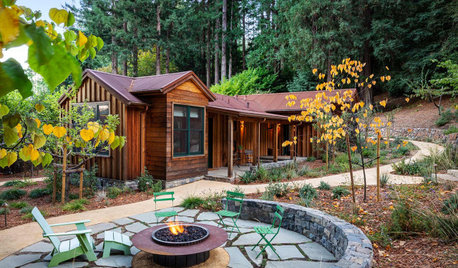
FALL GARDENING7 Reasons Not to Clean Up Your Fall Garden
Before you pluck and rake, consider wildlife, the health of your plants and your own right to relax
Full Story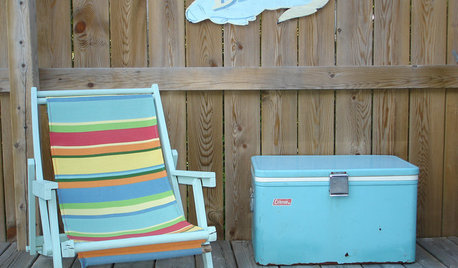
FUN HOUZZDon’t Be a Stickybeak — and Other Home-Related Lingo From Abroad
Need to hire a contractor or buy a certain piece of furniture in the U.K. or Australia? Keep this guide at hand
Full Story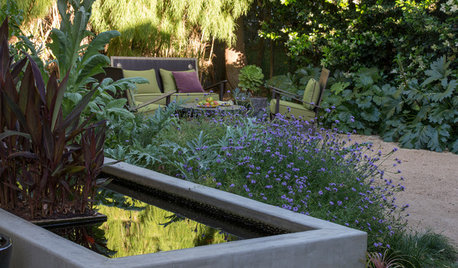
SAVING WATERHouzz Call: Are You Letting Go of Your Lawn?
Many facing a drought are swapping turf for less thirsty plantings. If you’re one of them, we’d like to hear about it
Full Story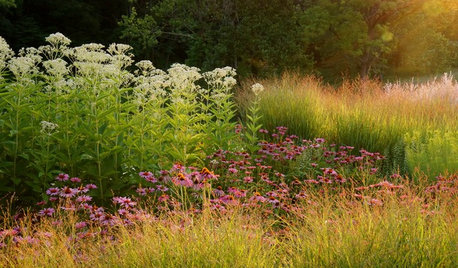
GARDENING FOR BUTTERFLIESGarden for Wildlife to Reap Rich Rewards
When you plant with animals and insects in mind, you make gardening easier, the planet healthier and yourself more present
Full Story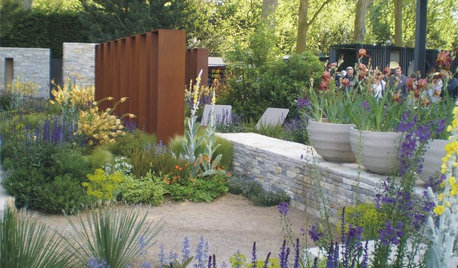
GARDENING GUIDES9 Self-Seeders Capture Chelsea Flower Show Magic
Give your garden show-worthy style with these plants beloved by top designers
Full Story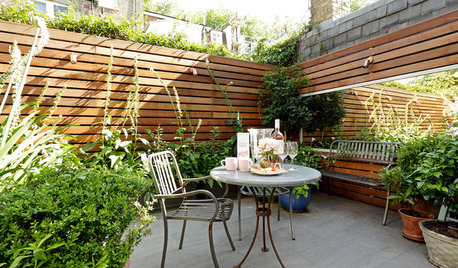
CONTAINER GARDENSPocket Gardens, Pint-Size Patios and Urban Backyards
A compact outdoor space can be a beautiful garden room with the right mix of plantings, furniture and creativity
Full StoryMore Discussions






socks
toxcrusadrOriginal Author
Related Professionals
Wrentham Landscape Architects & Landscape Designers · Salem Landscape Contractors · Aloha Landscape Contractors · Long Beach Landscape Contractors · Mission Bend Landscape Contractors · Mount Sinai Landscape Contractors · Saint Paul Landscape Contractors · Woodland Landscape Contractors · Crowley Landscape Contractors · Boone Decks, Patios & Outdoor Enclosures · Frisco Decks, Patios & Outdoor Enclosures · Kearns Decks, Patios & Outdoor Enclosures · Miami Decks, Patios & Outdoor Enclosures · Salem Decks, Patios & Outdoor Enclosures · Westfield Decks, Patios & Outdoor Enclosuresgardengal48 (PNW Z8/9)
toxcrusadrOriginal Author
armoured
armoured